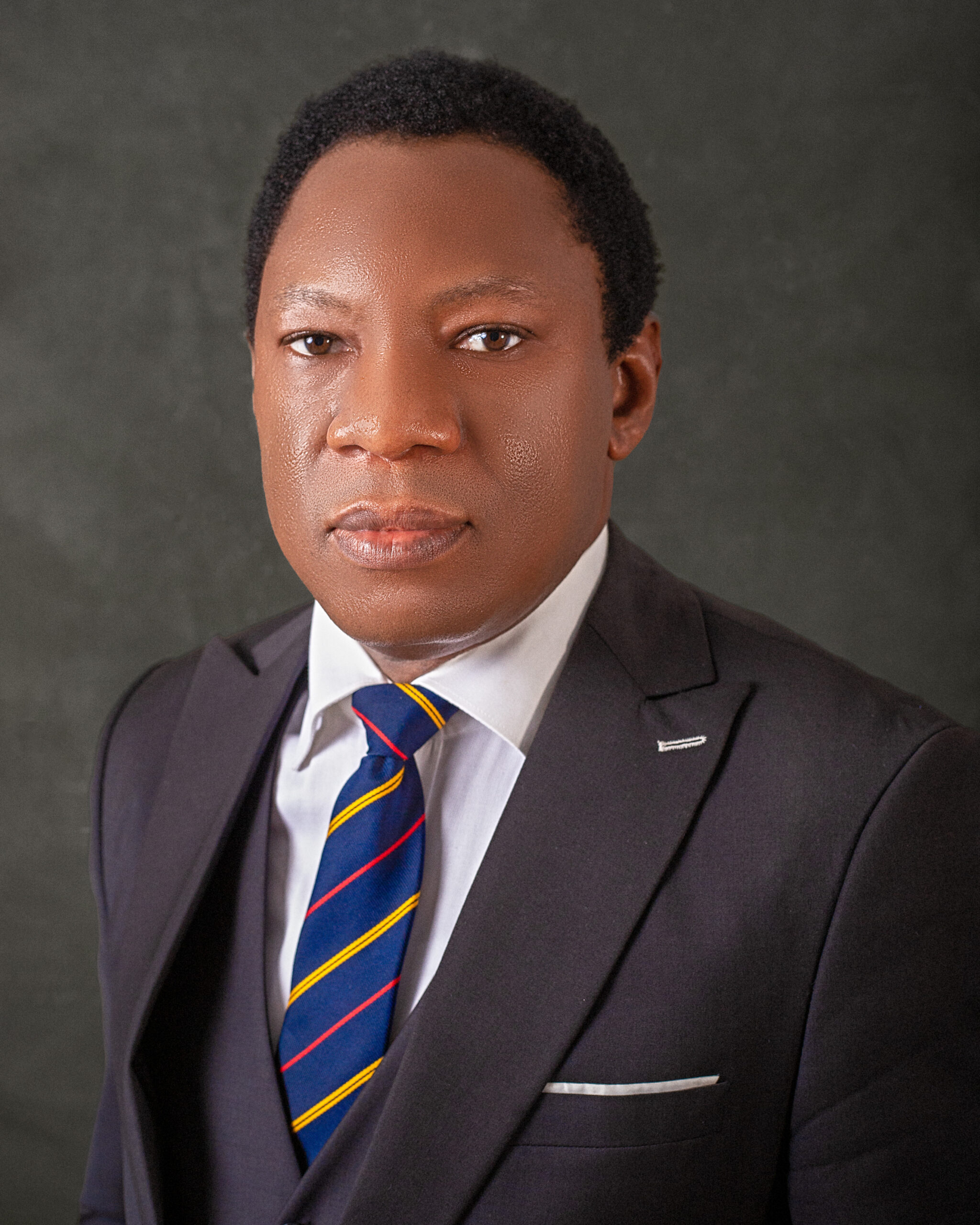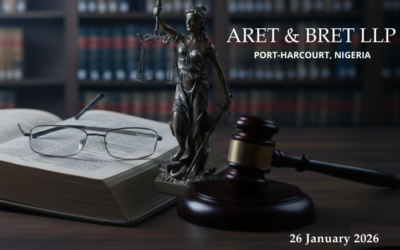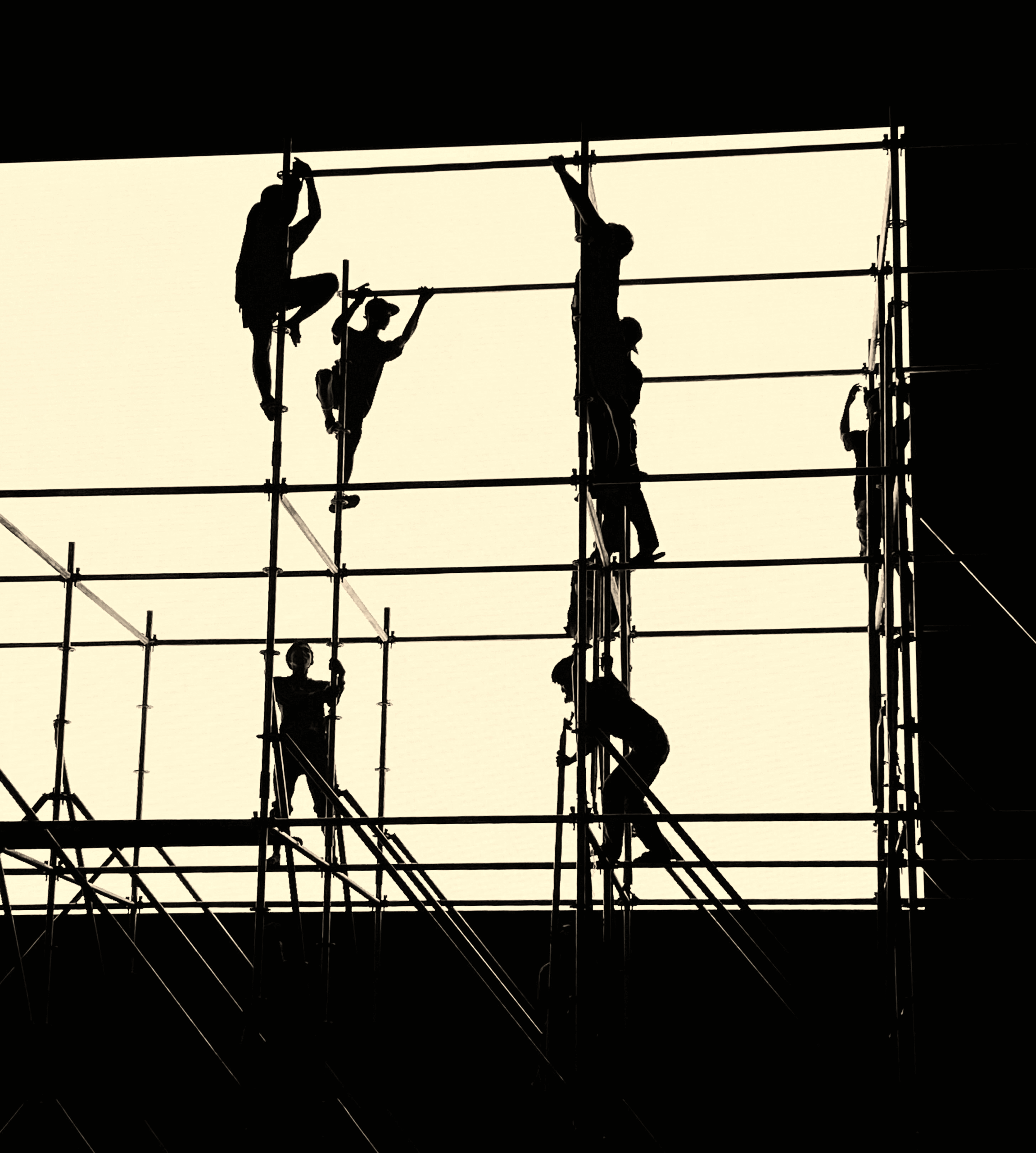Introduction
In today’s increasingly globalized and technology-driven world, the use of the internet to connect, inform, and amplify voices is unprecedented. However, this use has given rise to new challenges such as online defamation which involves the spread of false and misleading statements that can harm the reputation and character of persons over the internet.
In Nigeria, online defamation (also known as cyber defamation or internet defamation) is a growing concern as bloggers and so-called “content creators” in a bid to chase clout, create content, or gain cheap publicity continue to use social media platforms like Facebook, Instagram, Twitter, and the like to disseminate unverified and damaging content about organisations and high-net-worth individuals in society.
Unlike traditional defamation, online defamation transcends borders and spreads rapidly, exposing victims to ridicule, reputational harm, and even huge financial losses. The legal framework in Nigeria, though still largely rooted in conventional defamation principles, is evolving with the times to address the modern realities associated with online defamation. For one, Nigerian courts now face the critical task of re-interpreting long-established laws and principles to meet the unique challenges posed by digital platforms as individuals and corporations seek justice in a landscape where the lines between free speech and defamation are increasingly blurred.
The question of jurisdiction—determining which court can hear and adjudicate such matters—has now become a critical legal issue, particularly when dealing with online publications that may transcend national boundaries.
Within the above context, this article explores the concept of online defamation, focusing on the statutory and judicial framework for determining which court can exercise jurisdiction in Nigeria over a suit relating to online defamation.
What is online defamation?
Generally speaking, defamation is the act of injuring a person’s character, fame, or reputation by false and malicious statements. Defamation is generally categorised either as libel or slander. While libel is expressed through written, printed, or other permanent forms, such as articles, social media posts, books, and even cartoons, slander is conveyed through spoken words, gestures, or other transient forms of communication. It typically occurs in conversations, speeches, or broadcasts where the defamatory statement is not preserved in a permanent form.
With that said, online defamation refers to the act of publishing false or unpleasant statements about a person or entity on the internet. This can have serious and lasting consequences for a person’s reputation, career and mental health, as well as cause harm to a business’s image. In some jurisdictions, such as Nigeria and South Korea, online defamation can be a civil wrong (tort) and a crime.
When does online defamatory statement become actionable?
From established principles, not all negative publications about a person amount to defamation. As such, the right or cause of action does not accrue simply because a negative statement has been published. The negative statement must meet certain requirements before it can give rise to a cause of action in defamation. In other words, certain defences like truth, opinion, or privilege can negate a defamation claim. This is aimed at striking a balance between the right to freedom of expression as guaranteed under the Nigerian Constitution and what constitutes defamation. Furthermore, while online defamation appears relatively new, the circumstances that will make it actionable are not materially different from what obtains when other forms of defamation are in issue. Premised on these considerations, before an action can lie from a negative statement published online, the Claimant must satisfy himself that the following conditions co-exist:
- The online negative statement must be false: Defamation requires that the statement be false: In Dairo v. Union Bank of Nigeria Plc, the Supreme Court held that a defamatory statement must be false. If the defendant proves that the statement is true, the claim fails. Consequently, if an online blogger carries on its blog that“ Mr Matthew was fired from his job for embezzlement of funds and fraudulent practices”, and this happens to be the truth, Mr Mathew cannot sue for defamation because the statement on the reason why he was fired is true.
- The statement must not be under qualified privilege: A Defendant who proves that a statement was made under qualified privilege will not be liable for the claim of defamation. In Salaudeen v Mamman, the Court of Appeal noted that such a Defendant must show that there exists a common interest between himself (the maker of the statement) and the person to whom it is communicated, and the occasion on which the statement is made is privileged. Citing the earlier English case of Toogood v Spyring, the Court reasoned that where a person fairly made a publication in the discharge of some public or private duty, such a publication would not be malicious to support a claim of defamation.
- The online negative statement must refer to the Plaintiff and cause harm to his reputation: It would be difficult to maintain a claim for online defamation if the publication made vague references or did not refer to the Plaintiff in particular. Interestingly, it is difficult for a Plaintiff to sue for a publication targeting a group of people. Aside from the established need for the Plaintiff to prove that he suffered loss over and above the interest of all the members of the class referred to, he must also demonstrate that by the said publication, his reputation was or is likely to be particularly harmed. In Osakwe v UBN Plc, the Court of Appeal noted that although damage need not be proved, it will not mean that the likelihood of damage should not exist.
- There must be proof of the online defamatory statement: It is not taken for granted that the mere “posting” of an allegedly defamatory statement online amounts to “publishing” before the law. In Ecobank v Paul & Anor, the Court noted that publication means making a defamatory statement known to any person or persons other than the Plaintiff himself. Flowing from this position, one would be right to argue that sending a direct or private defamatory message to a third party over the internet is as defamatory as posting the same message on popular timelines and threads.
In this sense, Atoyebi and Akpata have argued that the Plaintiff must establish that the defamatory statement “was accessed and downloaded by identifiable individuals within the court’s jurisdiction.” They argue, and rightly so, that the law will not presume that the words were actually read and that the readers must be identifiable persons capable of testifying before the court if requested. The cases of Mohammed Hussein Al Amoudi v Jean Charles Brisard and Anor and King v Lewis, are also of great significance in this respect.
Which court has jurisdiction over online defamation in Nigeria?
It needs to be emphasised that, although some Rules of Court stipulate that an action for defamation should be brought within the territory where the defamatory statement was published or the Defendant resides or carries on business, such provisions only apply to traditional defamation and not online defamation. Unlike most civil claims where the suit must be filed in a court having jurisdiction in the territory where the defendant resides or carries on business, an action founded on online defamation can be instituted in the High Court exercising jurisdiction in any State where the defamatory publication was viewed or accessed. The offended party may equally approach the National Industrial Court exercising jurisdiction within the State where the false online publication was viewed or downloaded if the publication relates to events at the workplace (i.e. workplace defamation) or other false statements which constitute “matters arising from the workplace”.
Ordinarily, it can be argued that the ubiquitous nature of the internet makes it possible to commence an action for defamation arising from material published online just about anywhere because Nigeria’s cyberspace is not fragmented into various zones, given the nature of federal control on broadband connections and the existence of persons who can download or access the defamatory statement. Yet the emerging case law appears to have put things beyond argument that the High Court of the State where the defamatory material or publication was accessed or viewed can exercise jurisdiction. In case of Adegunwa v Adepoju & Ors, the Appellant contended that the cause of action arose in Lagos State and that all the Defendants and the Claimant do not reside in Kwara State where the suit was filed. The Court of Appeal noted that the issue in the case was online defamatory publication. The Court further noted the pleading of the Claimant where he averred that the online publication has been viewed all over the world including Kwara State. In the end, the Court affirmed the decision of the High Court of Kwara State that it had jurisdiction to entertain the matter.
It is worth mentioning that in one of its recent decisions on this issue, the Court of Appeal inDaily Times (Nig) Plc & Anor v Arum, analysed the position of the law in the UK and the US and concluded that for online publication, the court in the State where the publication was downloaded or viewed has jurisdiction. The Court equally referenced authorities to the effect that if a website or online platform is interactive and the defendant uses it for business purposes, the court in the country or State where the publication is accessible has jurisdiction. This resonates with the position in MTN (Nig) Communications Ltd v Corporate Communications Inv. Ltd, where the Supreme Court held that when electronic and digital publications have an impact within Nigeria, they can be subject to the jurisdiction of Nigerian courts. The implication is that, for defamation related to internet publication, jurisdiction is not limited to where the defendant resides, but also where the injury or consequence of the defendant’s action is felt.
It is worth mentioning that the courts in a sister jurisdiction, India, have also broadened the scope of territorial jurisdiction for claims arising from online defamation when they determined that “territorial jurisdiction does not remain confined to the place of actual defamation…the jurisdiction would be at both places, i.e., the place where the actual defamation takes place and the place where such defamatory material is transmitted through website, telecast, etc”. The Indian approach aligns with the Nigerian case law analysed above and represents a progressive application of the law in the digital age.
Final Thoughts
Online defamation litigation is increasingly becoming commonplace in Nigeria as bloggers and content creators continue to publish false, misleading and unverified information about individuals and businesses. Interestingly, Nigerian courts appear to be willing to adapt the existing legal principles for the protection of conventional defamation to the challenges posed by online defamation. Fundamentally, and as seen from the developing case law reviewed in the preceding paragraphs, the judicial attitude is that for defamation related to online publication, the court in the State where the publication was downloaded or viewed would have jurisdiction to entertain an action by the offended party.
Therefore, the key takeaway is that, unlike most civil actions where the suit must be filed in a court having jurisdiction in the State where the defendant resides or carries on business, an action founded on online defamation can be instituted in the High Court or the National Industrial Court exercising jurisdiction in any State where the defamatory publication was viewed or accessed.
Note: This article does not constitute a legal advice. For proper legal advice or inquiries on the issues raised in this article or general enquiries relating to defamation claims in Nigeria, please contact Aret & Bret LLP at [email protected]. You can also reach out to the authors:
DAFE UGBETA
Partner, Aret & BRET LLP
THANKGOD ILUEME
Associate, Aret & BRET LLP
+234 (0) 906 313 8602
+234 (0) 902 543 9720
www.aret-bret.com





